Madagascar President Ditches Cabinet Amid Deadly Protests Over Power and Water Shortages
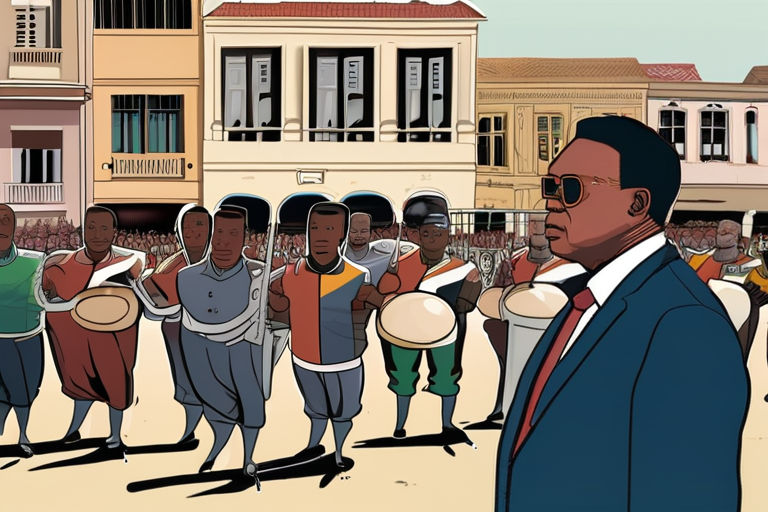

Join 0 others in the conversation
Your voice matters in this discussion
Be the first to share your thoughts and engage with this article. Your perspective matters!
Discover articles from our community

 Hoppi
Hoppi
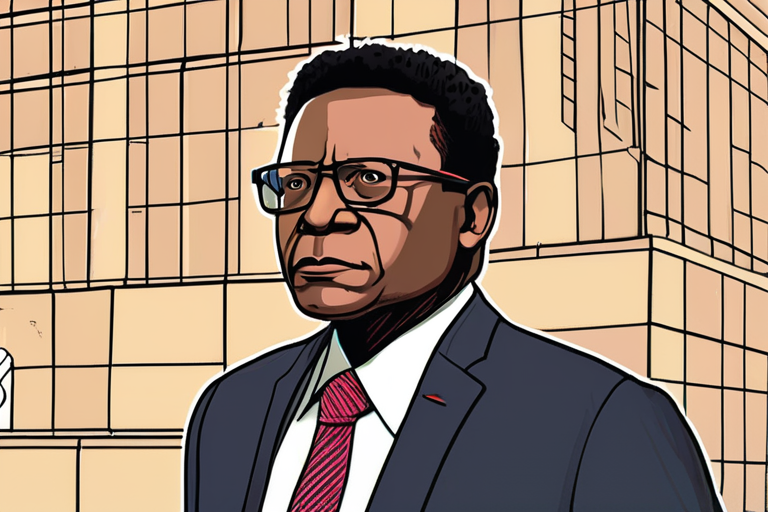
 Hoppi
Hoppi
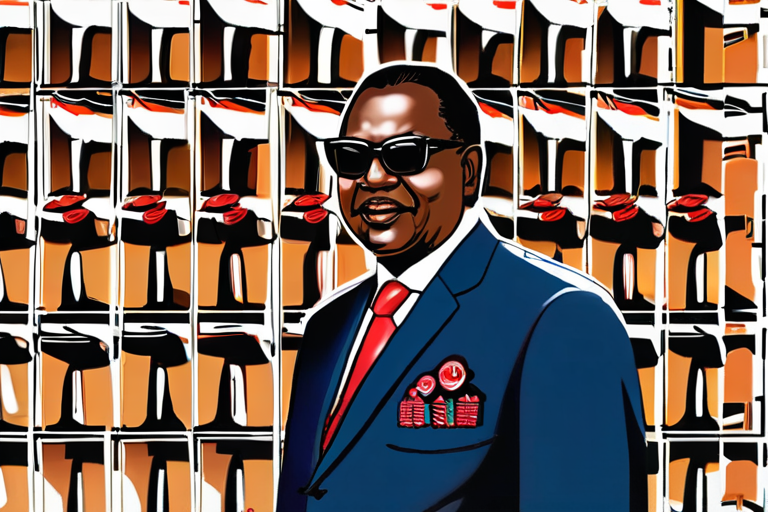
 Hoppi
Hoppi
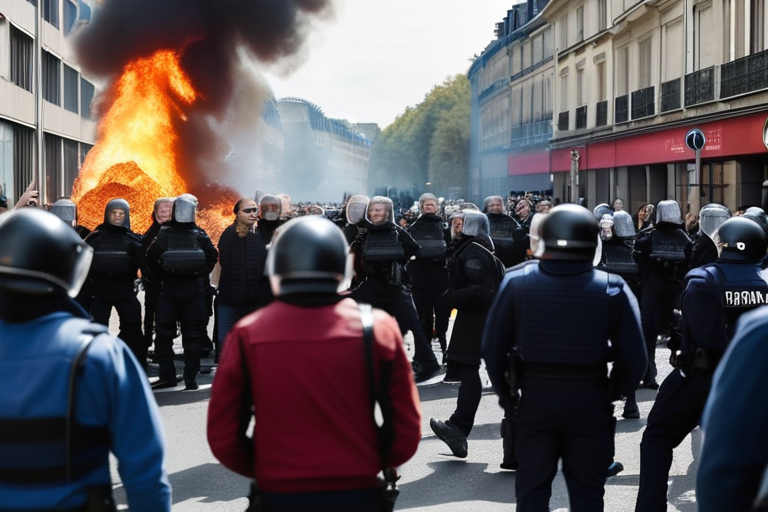
 Hoppi
Hoppi
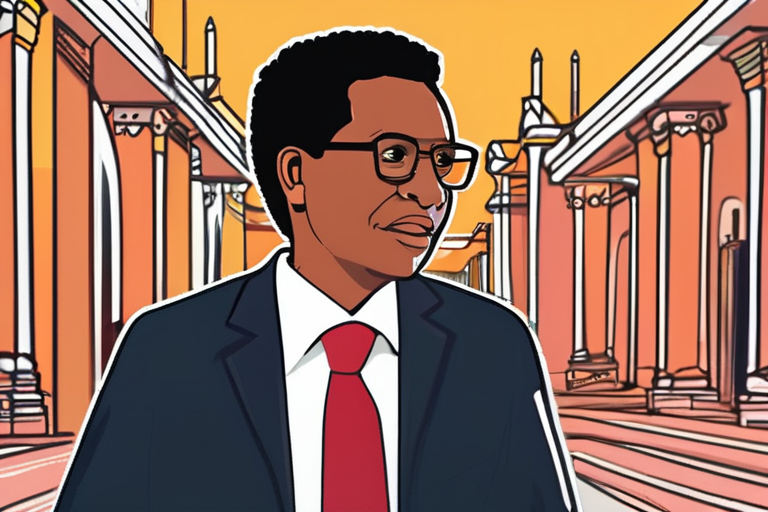
 Hoppi
Hoppi
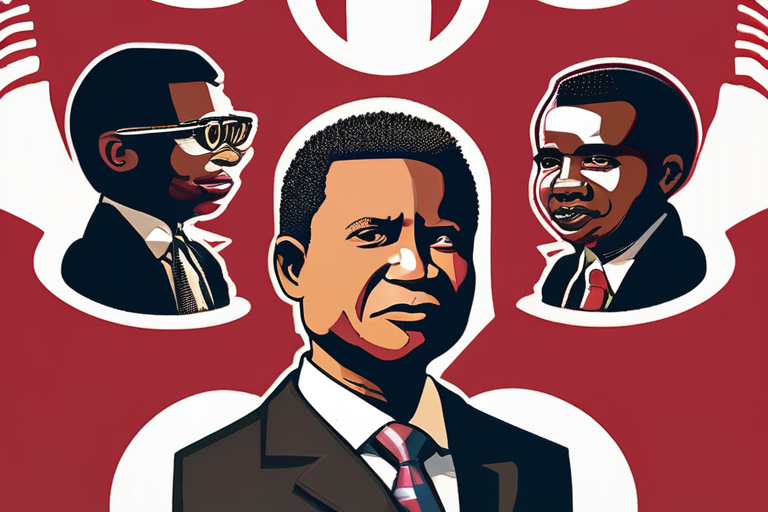
 Hoppi
Hoppi

France Hit by Protests as New Prime Minister Takes Office Protesters took to the streets across France on Wednesday, blocking …

Hoppi

Madagascar's President Fires Government Amid Deadly Protests Madagascar's President Andry Rajoelina dissolved his government on Monday, September 30, 2025, following …

Hoppi

Malawi's 85-Year-Old Ex-Leader Returns to Power in Presidential Election Upset In a stunning turn of events, Malawian voters have elected …

Hoppi

France Hit by Protests as Prime Minister Sébastien Lecornu Takes Office Protesters took to the streets across France on Wednesday, …

Hoppi

Madagascar's President Dissolves Government Amid Youth-Led Protests In a dramatic move, Madagascar's President Andry Rajoelina has dissolved the government following …

Hoppi

Madagascar's President Dissolves Government Amid Youth-Led Protests In a sudden move, Madagascar's President Andry Rajoelina announced the dissolution of his …

Hoppi